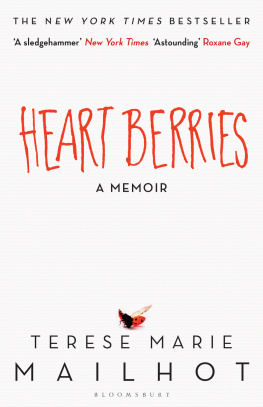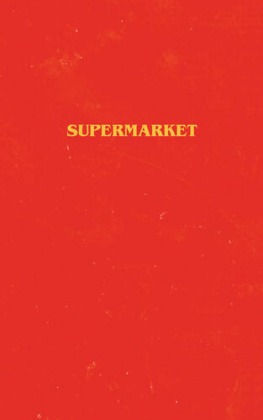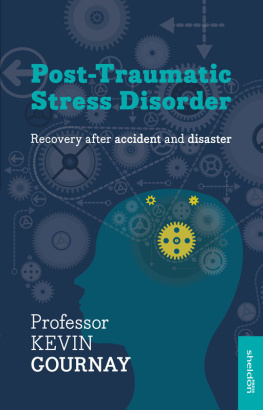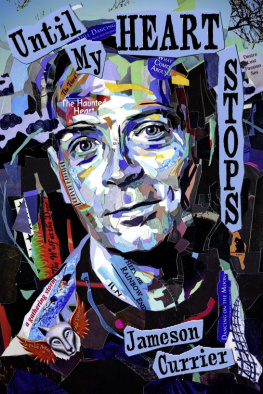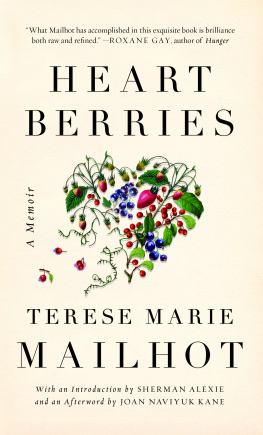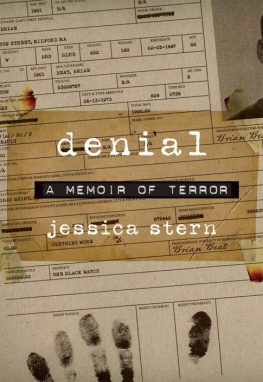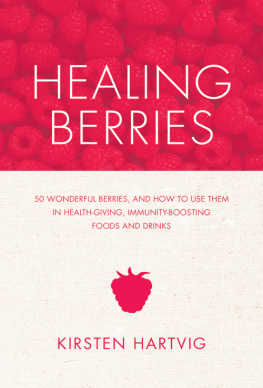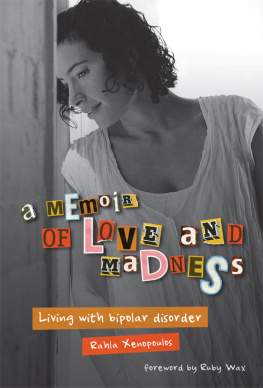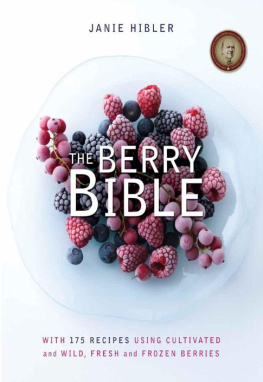HEART BERRIES

BLOOMSBURY CIRCUS
Bloomsbury Publishing Plc
50 Bedford Square, London, WC1B 3DP, UK
BLOOMSBURY, BLOOMSBURY CIRCUS and the Bloomsbury
Circus logo are trademarks of Bloomsbury Publishing Plc
First published in the United States by Counterpoint, Berkeley 2018
First published in Great Britain 2018
Copyright Terese Marie Mailhot
Interior designed by Wah-Ming Chang
Terese Marie Mailhot has asserted her right under the Copyright, Designs and Patents Act, 1988, to be identified as Author of this work
All rights reserved. No part of this publication may be reproduced or transmitted in any form or by any means, electronic or mechanical, including photocopying, recording, or any information storage or retrieval system, without prior permission in writing from the publishers
A catalogue record for this book is available from the British Library
ISBN: HB: 978-1-5266-0440-8; eBook: 978-1-5266-0441-5
To find out more about our authors and books visit www.bloomsbury.com and sign up for our newsletters
For Karen Joyce Bobb (Wahzinak)
I want you to know, if you ever read this, there was a time when I would rather have had you by my side than any one of these words; I would rather have had you by my side than all the blue in the world.
MAGGIE NELSON
Contents
My story was maltreated. The words were too wrong and ugly to speak. I tried to tell someone my story, but he thought it was a hustle. He marked it as solicitation. The man took me shopping with his pity. I was silenced by charitylike so many Indians. I kept my hand out. My story became the hustle.
Women asked me what my endgame was. I hadnt thought about it. I considered marrying one of the men and sitting with my winnings, but I was too smart to sit. I took their money and went to school. I was hungry and took more. When I gained the faculty to speak my story, I realized I had given men too much.
The thing about women from the river is that our currents are endless. We sometimes outrun ourselves. I stopped answering mens questions or their calls.
Women asked me for my story.
My grandmother told me about Jesus. We knelt to pray. She told me to close my eyes. It was the only thing she asked me to do properly. She had conviction, but she also taught me to be mindless. We started recipes and lost track. We forgot ingredients. Our cakes never rose. We started an applehead dollthe shrunken, carved head sat on a bookshelf years after she left.
When she died nobody noticed me. Indian girls can be forgotten so well they forget themselves.
My mother brought healers to our home, and I thought she was trying to exorcise mea little ghost. Psychics came. Our house was still ruptured. I started to craft ideas. I wrapped myself in a Pendleton blanket and picked blueberries. I pretended I was ancient. A healer looked at me. He was tall and his jeans were dirty.
He knelt down. I thought I was in trouble, so I told him that I had been good. He said, You dont need to be nice.
My mother said that was when I became trouble.
Thats when my nightmares came. A spinning wheel, a white porcelain tooth, a snarling mouth, and lightning haunted me. My mother told me they were visions.
Turn your shirt backward to confuse the ghosts, she said, and sent me to bed.
My mother insisted that I embrace my power. On my first day of school I bound myself a small book. The teacher complimented my vocabulary, and my mother told me school was a choice.
She fed me traditional food. I went to bed early every night, but I never slept well.
I fell ill with tuberculosis. Mother brought back the healers. I told them my grandmother was speaking to me.
Zohar, a white mystic, a tarot reader, told me she spoke to spirits, too. Your grandmother says she misses you, she said.
We could never make a cake, I said.
She was just telling me that. What ingredient did you usually forget? Zohar asked.
I knew this was a test, but a strange one, because she didnt speak to my grandmother either. I remember my mother was watching us, holding her breath.
Eggs, I said.
My spiritual fraud distanced my grandmothers sprit from me. It became harder to stomach myself, and harder to eat.
Does that happen to you, I said.
What? Zohar asked.
Did you ever want to stop eating?
No, she said.
Zohar asked my mother if she could sleep next to my bed, on the floor. She listened to me all night. Storytelling. What potential there was in being awful. My mindlessness became a gift. I didnt feel compelled to tell any moral tales or ancient ones. I learned how story was always meant to be for Indian women: immediate and necessary and fearless, like all good lies.
My story was maltreated. I was a teenager when I got married. I wanted a safe home. Despair isnt a conduit for love. We ruined each other, and then my mother died. I had to leave the reservation. I had to get my GED. I left my home because welfare made me choose between necessities. I used a check and some cash I saved for a ticket awayand knew I would arrive with a deficit. Thats when I started to illustrate my story and exactly when it became a means of survival. The ugly truth is that I lost my son Isadore in court. The Hague Convention. The ugly of that truth is that I gave birth to my second son as I was losing my first. My court date and my delivery aligned. In the hospital, they told me that my first son would go with his father.
What about this boy, I said, with Isaiah in my arms.
They dont seem interested yet, my lawyer said.
I brought Isaiah home from the hospital, and then packed Isadores bag. My ex-husband Vito took him, along with police escorts. Before they left, I asked Vito if he wanted to hold his new baby. I dont know why I offered, but he didnt kiss our baby or tell him goodbye. He didnt say he was sorry, or that it was unfortunate. Who wants one boy and not another?
Its too uglyto speak this story. It sounds like a beggar. How could misfortune follow me so well, and why did I choose it every time?
I learned how to make a honey reduction of the ugly sentences. Still, my voice cracks.
I packed my baby and left my reservation. I came from the mountains to an infinite and flat brown to bury my grief. I left because I was hungry.
In my first writing classes, my professor told me that the human condition was misery. Im a river widened by misery, and the potency of my language is more than human. Its an Indian condition to be proud of survival but reluctant to call it resilience. Resilience seems ascribed to a human conditioning in white people.
The Indian condition is my grandmother. She was a nursery teacher. There are stories that she brought children to our kitchen, gave them laxatives, and then put newspaper on the ground. She squatted before them and made faces to illustrate how hard they should push. She dewormed children this way, and she learned that in residential schoolwhere parasites and nuns and priests contaminated generations of our people. Indians froze trying to run away, and many starved. Nuns and priests ran out of places to put bones, so they built us into the walls of new boarding schools.
I can see Grandmothers face in front of those children. Her hands felt like rose petals, and her eyes were soft and round like buttons. She liked carnations and canned milk. She had a big heart for us kids. She transcended resilience and actualized what Indians werent taught to know: We are unmovable. Time seems measured by grief and anticipatory grief, but I dont think she even measured time.
Next page
